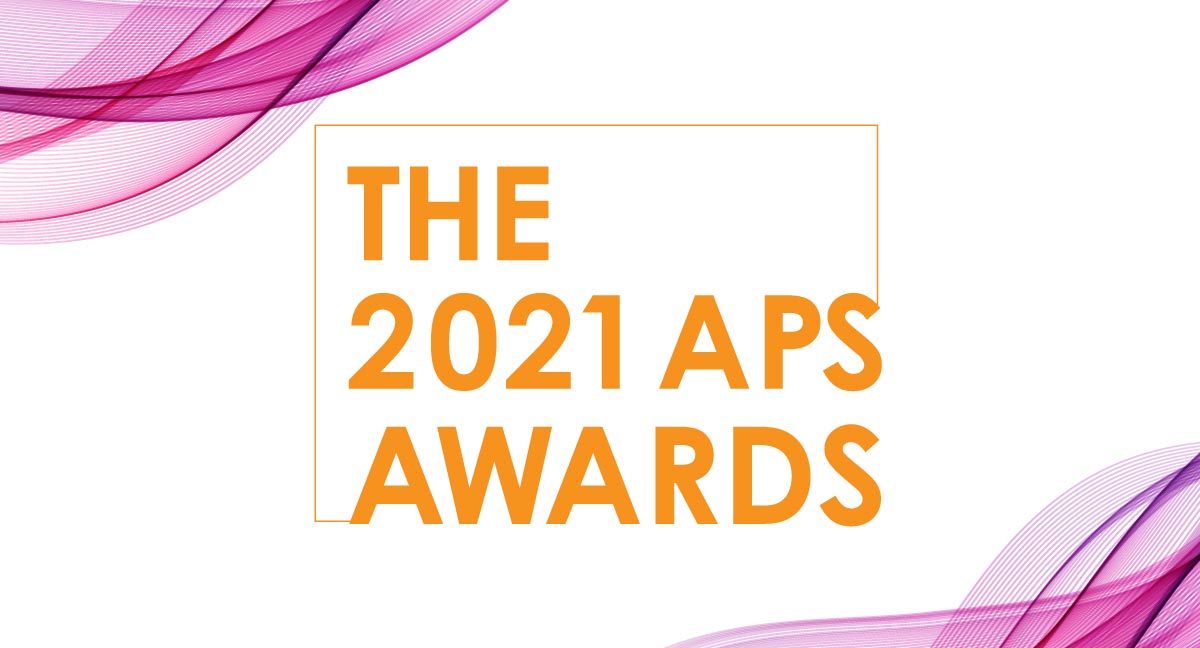APS honors Members in the earliest stages of their careers as well as accomplished leaders with the field’s most prestigious awards and recognitions. This recognition is a critical part of supporting and encouraging scientific advances in our field. The dramatic advances in psychological science over the past three decades reflect the outstanding accomplishments of APS Members and Fellows.
Download the Full 2021 APS Awards Brochure

2021 APS William James Fellows
Michelene T.H. Chi
Dante Cicchetti
Nancy G. Kanwisher
James W. Pennebaker
The APS William James Fellow Award honors APS Members for their lifetime of significant intellectual contributions to the basic science of psychology.
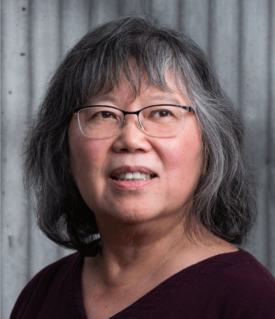
Michelene T.H. Chi
Arizona State University
Michelene (Micki) Chi is internationally renowned for her sustained, foundational contributions to modern learning science. Chi has published well over 100 papers in the top journals in her field and has been cited more than 60,000 times. Her work includes pioneering studies on topics such as expertise, self-explanation, tutoring, conceptual change, and student engagement.
For instance, Chi’s study on the complex knowledge structures and reasoning skills of young children who were dinosaur experts challenged both Piagetian thought on child development and existing conceptualizations of the nature of expertise.
Chi produces innovative studies with rigorous methods. She once performed a painstakingly precise content analysis of a textbook’s explanation of the human heart in order to show that only about 50% of the information students needed to know was explicitly conveyed. Chi reasoned that effective learning must therefore depend on students’ ability to interpret beyond what is given in the text, a hypothesis that has now been confirmed in numerous studies, starting with her study showing that students who self-explained learned more. This conclusion has inspired a promising new area of research in discovering how to best teach students to self-explain.
Chi’s outstanding dedication to scientific rigor, including her readiness to constantly put her own theories to the test, makes her an extraordinary researcher. Her recent ICAP theory has challenged current learning practices on active learning and added operational definitions that can facilitate and transform the way that we approach student engagement in order to better serve teachers and students alike.
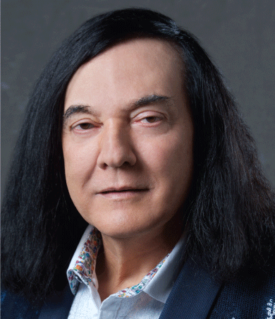
Dante Cicchetti
University of Minnesota
Since Dante Cicchetti began his career in the 1980s, he has revolutionized the fields of developmental psychology and psychopathology, forging a new field: developmental psychopathology. Cicchetti questioned static views of psychopathology in favor of the now-prevailing view that mental illness results from multi-faceted and transactional genetic, neurobiological, developmental, and environmental influences. His research has spanned a range of domains, including perceptual, socioemotional, and cognitive development in infants and children with Down syndrome, as well as in child maltreatment, depression, stress neurobiology, gene-environment interaction, and epigenetics.
Cicchetti founded one of the leading journals in the field, Development and Psychopathology. His innovative editorial vision brought together leading academicians from many fields who may not have otherwise published in a journal focusing on a developmental perspective. This leadership established developmental psychopathology as a field of interdisciplinary study long before such work was popular.
Cicchetti has not only fostered a science on developmental processes and risk and resilience across the life course but also has contributed to the development of evidence-based interventions for children and families. Under his leadership, the Mt. Hope Family Center has become a leading research center in developmental psychopathology as well as a center at the forefront of disseminating knowledge to benefit the welfare of countless children and families.
Cicchetti’s spectacular vision and his ability to bring it to life have had an immeasurably positive impact on both modern psychology and psychiatry. He has been the past recipient of numerous awards, including the APS James McKeen Cattell Fellow Award.
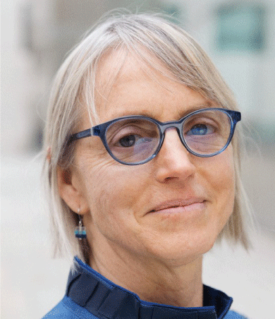
Nancy G. Kanwisher
Massachusetts Institute of Technology
Over a long and prolific career, Nancy Kanwisher has vastly improved our knowledge of the human visual system while simultaneously building the foundation of modern fMRI research. Kanwisher identified and characterized several areas of the brain now considered essential to our understanding of the visual system, including the fusiform face area (FFA), the parahippocampal place area (PPA), the extrastriate body area (EBA), and the visual word form area. These findings demonstrated that the functional organization of the visual system is not unique to the individual but rather is composed of distinct, identifiable areas relatively consistent in location among all humans.
Through her research on the visual system, Kanwisher introduced and popularized region-of-interest analysis, in which an area of voxels—units of measurement used to represent clusters of brain cells—is selected via an initial test and then further characterized with additional tests. Kanwisher and her collaborators have fruitfully applied this methodology to study theory of mind, language, and music selectivity in the auditory cortex.
Kanwisher’s work has become a permanent staple of the study of vision and perception, with her initial studies still widely cited today. Her pioneering work with fMRI, emphasizing replication and testing the same question in a variety of ways, has made fMRI research a widely used, indispensable tool of modern neuroscience. Kanwisher’s high standards for her research, her steadfast determination, and her commitment to her trainees make her an extraordinary scientist who continues to produce innovative and influential work.
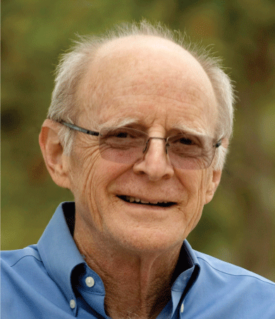
James W. Pennebaker
The University of Texas at Austin
James W. Pennebaker’s impact has spanned more than four decades and an unusually broad range of disciplines. Indeed, few subdomains in psychology haven’t been changed by one of Pennebaker’s influential lines of research.
Early in his career, Pennebaker conducted research that showed that negative affect has a strong effect on self-reports of health, a finding that has permanently shaped how scientists study health outcomes. Inspired by his observation that participants who reported many health complaints were also likely to report having experienced a traumatic event, Pennebaker began exploring emotional disclosure. He found that writing about emotional experiences for even a short amount of time on a few occasions could have positive health effects over the following months. He went on to produce a vast, widely known body of work on how expressive writing can be used to heal from traumatic experiences.
As part of this work, Pennebaker developed a novel computer program, the Linguistic Inquiry and Word Count (LIWC). He has since used the program to make remarkable and varied contributions to the psychology of word use. The tool has found further application in computer science, marketing, and medicine, among other fields. In a data-driven era, LIWC remains an invaluable tool.
Pennebaker has published twelve books and more than 300 journal articles. He is beloved by his students, who admire not only his scientific ingenuity but also his genuine personal warmth.

2021 APS James McKeen Cattell Fellows
Alison Gopnik
Megan Gunnar
Saul Kassin
The APS James McKeen Cattell Fellow Award honors APS Members for their lifetime of significant intellectual achievements in applied psychological research and their impact on a critical problem in society at large.

Alison Gopnik
University of California, Berkeley
How does the mind of a child work? By combining developmental psychology, cognitive science, and philosophy, Alison Gopnik, President-Elect of APS, has made critical insights into children’s thinking. Her famous “blicket detector” experiments demonstrated that children consider probabilities and test hypotheses, much as scientists do. This idea of the “child as scientist,” which Gopnik has explored and expounded throughout her career, revolutionized the way that we think about childhood. Gopnik’s research suggests that children are not merely deficient adults; rather they are uniquely suited to the goal of their particular stage of life: to learn as much as possible.
Gopnik believes that understanding children’s thinking not only can benefit children and their caretakers, it can make us better scientists and innovators. Indeed, Gopnik’s studies of children place her at the forefront of research to improve machine “common sense” and, ultimately, design computers that learn more like human children do.
On top of all this, Gopnik is a luminary of science in the public eye, with several popular books, a monthly column in the Wall Street Journal, and a TED talk that has attracted more than four million views. Motivated by her genuine interest in the welfare of children and the progress of humanity, Gopnik has radically elevated the discourse surrounding children. Her impressive portfolio of interdisciplinary research, as well as her deep commitment to applied science and advocacy, make her one of the most influential psychological scientists working today.
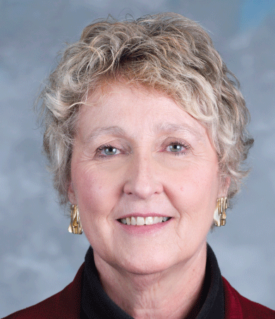
Megan Gunnar
University of Minnesota
Megan Gunnar has dedicated more than 40 years to studying the effects of stress and its regulation on childhood development. Gunnar has studied the stress responses of children to a wide variety of conditions, including institutionalization, circumcision, inoculation, interaction with strangers, daycare, and severe neglect. Her research points to the critical importance of positive social interactions in early life for establishing a healthy stress response system; moreover, she has shown that impaired stress buffering increases the likelihood that adverse events in childhood will negatively affect development. More recently, Gunnar has investigated a “window of opportunity” during pubertal development that might represent a chance to recalibrate the hypothalamic-pituitary-adrenal (HPA) axis, which plays an important role in the regulation of stress.
Gunnar shifted the field of developmental psychology from relying primarily on observational research to more deeply exploring biological underpinnings. A student of Seymour “Gig” Levine, Gunnar built upon his research to translate findings from animal models to the human system. Gunnar also developed the methodology of accurately using salivary measures of cortisol to assess infants and young children.
Gunnar is appreciated not only as a transformative scientist but also as an enthusiastic and supportive mentor. In 2014, she was honored with the APS Mentor Award in recognition of lifetime contributions in scientific mentoring. A prolific researcher who moves effortlessly between the literatures of developmental psychology and psychoneuroendocrinology, Gunnar is a revered and invaluable voice in the laboratory, the classroom, and the scientific community.
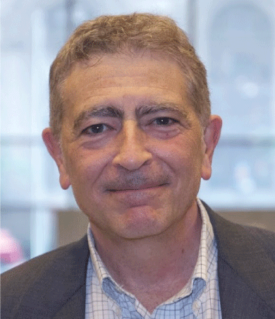
Saul Kassin
John Jay College of Criminal Justice and Williams College
In the early 1990s, Saul Kassin initiated a set of groundbreaking experiments using novel paradigms that he developed to simulate the conditions of criminal confessions. In one study, the experimenter instructed participants to take dictation on a computer but warned that if a certain key were pressed, the computer would crash. In fact, the computer was programmed to crash no matter what. The experimenter then accused participants of hitting the forbidden key.
The findings were remarkable. When an incognito member of the research team insisted that she had seen the participant hit the “crash key,” they became twice as likely to confess. Some participants came to internalize the belief that they really had hit the key; a few even confabulated memories of how it happened.
Kassin’s experiments cast serious doubt on conventional methods of police interrogation, such as the lawful strategy of falsely claiming to possess incriminating evidence. The computer crash paradigm sparked a multitude of follow-up studies, giving rise to the scientific study of false confessions.
Since then, Kassin has become the world’s leading expert in criminal confessions. He is the author of several textbooks of law-related psychology as well as co-author of an unprecedented white paper describing the risks of coercion in interrogations. He has presented his work on numerous mainstream media outlets and given testimony in state, federal, and military courts. He has worked tirelessly to reform to the criminal justice system, collaborating with organizations such as the Innocence Project. Kassin’s exceptional career epitomizes the use of psychological science for public good.

2021 APS Mentor Award
BJ Casey
Harald L.G.J. Merckelbach
Miguel Moya
Elizabeth S. Spelke
The APS Mentor Award recognizes APS Members who have significantly fostered the careers of others, honoring those who masterfully help students and others find their own voices and discover their own research and career goals.
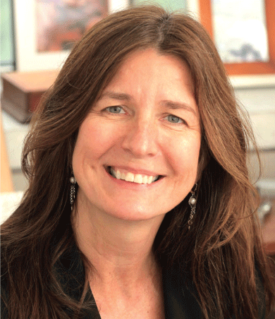
BJ Casey
Yale University
APS Fellow BJ Casey is internationally renowned for her groundbreaking contributions to developmental neuroscience, including the first-ever fMRI study on the healthy developing brain. Among her many accomplishments is a stunning number of incredibly successful trainees who have gone on to hold faculty positions at prestigious institutions and establish highly productive research programs.
She is known for her exceptional generosity, mentoring not only those in her own lab but many others from her institution and elsewhere, finding time for each of her mentees despite her busy schedule. Casey has also made it a priority to support women and those of underrepresented racial and ethnic backgrounds, including as an enthusiastic participant in programs that target training diverse scientists, such as The ACCESS Summer Internship Program at Weill Cornell Graduate School and Yale’s Justice Collaboratory and Pathways to Science programs.
Casey’s students credit her with having a unique understanding of their needs. She strikes the perfect balance between offering guidance and promoting independence, allowing students to mature into thoughtful scientists. In addition to offering her knowledge and connections, Casey is beloved for her moral support and enthusiastic celebration of every success, no matter how small—and she doesn’t stop championing her mentees after they leave her lab.
There is no doubt that the field of developmental neuroscience has been significantly expanded thanks to Casey and her tireless mentorship of the next generation of psychological scientists.
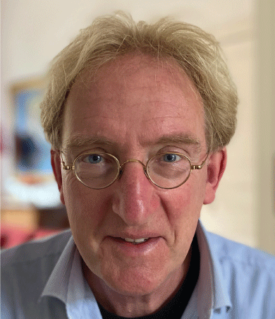
Harald L.G.J. Merckelbach
Maastricht University
APS Fellow Harald Merckelbach is known for his study of memory distortions, including amnesia and confabulation and has published numerous articles in top journals. As his work has important implications for the legal system, he has served as a member of the Dutch Advisory Committee on Closed Criminal Cases. He also is an extraordinary mentor, continually going above and beyond to help his mentees think critically about important issues and build successful careers.
Merckelbach’s enthusiasm inspires his mentees not only to produce high-quality research but also to enjoy the process. He is appreciated for his impressive erudition, which allows him to connect seemingly unrelated literatures and thereby generate new interdisciplinary perspectives and research questions. His students frequently find that his timely and detailed feedback elevates their work beyond their initial expectations, broadening their experience as scientists in the process—a quality that former students cherish and strive to emulate for their own mentees years later.
Rather than using his position of authority to dominate conversations, Merckelbach treats his students as colleagues. By defending strong opinions while remaining open to other ideas, he constantly engages his students in intellectual debate that pushes them to grow as scholars. Merckelbach also has a keen eye for opportunities suited for his mentees, whether research, co-authorship of articles or book chapters, or networking experiences, such as conferences. He stays in touch with each of his mentees, often becoming a lifelong collaborator.
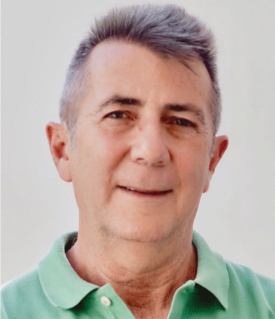
Miguel Moya
University of Granada
When APS Fellow Miguel Moya began his career, he had few Spanish colleagues in social psychology. Further, in the shadow of Francisco Franco’s dictatorship, prejudice in particular was an understudied topic in the country. Over the following decades, Moya worked tirelessly to establish social psychology as a respected academic discipline in Spain and embraced the study of prejudice and marginalization.
Moya advocates for scientists producing high-quality social psychology research to be recognized and rewarded, and he reaches across international and disciplinary lines to form highly productive networks of collaboration. As a result of these values, his students are instilled with a deep appreciation for the importance of teamwork and collaboration. He makes frequent introductions and encourages students to share their ideas, prioritize attendance at conferences, and form professional relationships that often lead to fruitful collaborations in the future.
Moya is a professor in the Department of Social Psychology at the University of Granada. He continues to enthusiastically promote the study of social psychology in every way possible.
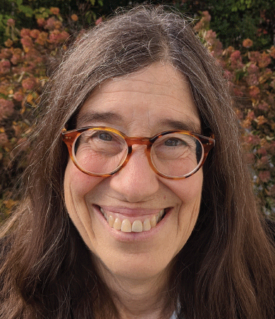
Elizabeth S. Spelke
Harvard University
APS William James Fellow Elizabeth Spelke is known for her incisive analysis of foundational questions about the origins and growth of human knowledge, and she eagerly shares her rich intellectual life with her mentees. Her enthusiasm for science is infectious, and she helps her students to stay motivated by always being ready to engage them in thoughtful conversation. Spelke expertly tailors her approach for each mentee, helping those who already have ideas to formulate concrete research plans while giving others the time and resources needed to spark inspiration.
Spelke teaches her students to develop strict experimental designs that pinpoint important variables. She avidly seeks out opportunities for her mentees to lead and travel, willingly stepping aside when doing so is in her protégés’ best interest. At every turn, Spelke gives of herself to ensure the success of her mentees, whether that means staying awake late into the night to perfect a mentee’s conference poster or making time to serve as the inaugural speaker for a former student’s talk series.
Spelke inspires her mentees to believe in and advocate for themselves, leading them to secure prestigious positions and make significant advances in cognitive and developmental psychology. She maintains contact with each of her mentees, ensuring that they continue to benefit from her support while also creating a network of similarly trained scientists poised for collaboration. Spelke’s remarkable generosity with her mentees sets her apart as a scientist truly dedicated to fostering the next generation of innovative researchers.

2021 APS Janet Taylor Spence Award
Arielle Baskin-Sommers
Sudeep Bhatia
Eiko Fried
Celeste Kidd
Steven Roberts
Daisy Singla
Diana Tamir
The APS Janet Taylor Spence Award recognizes transformative early-career contributions to psychological science. Award recipients are APS Members who are among our most creative and promising investigators.
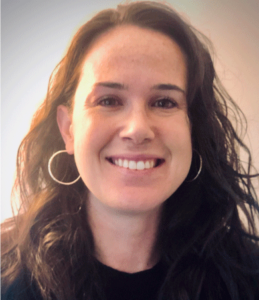
Arielle Baskin-Sommers
Yale University
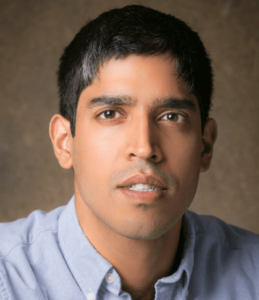
Sudeep Bhatia
University of Pennsylvania
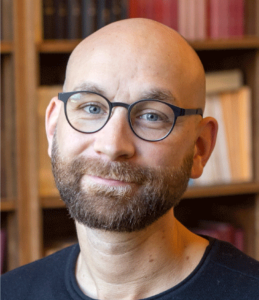
Eiko Fried
Leiden University
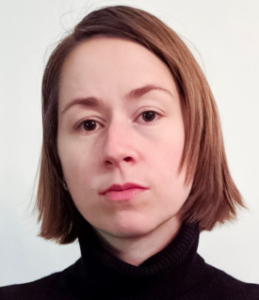
Celeste Kidd
University of California, Berkeley
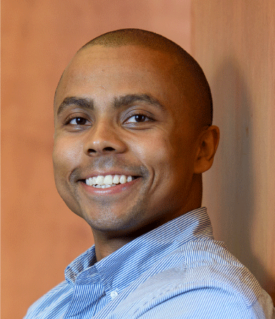
Steven Roberts
Stanford University
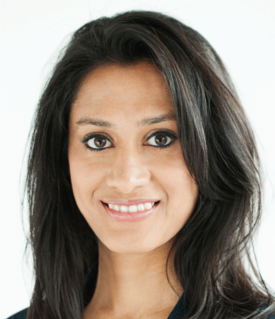
Daisy Singla
University of Toronto and Sinai Health
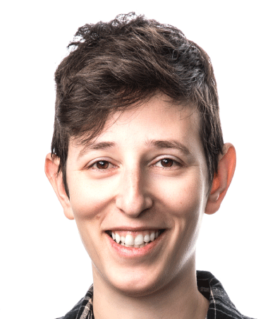
Diana Tamir
Princeton University

